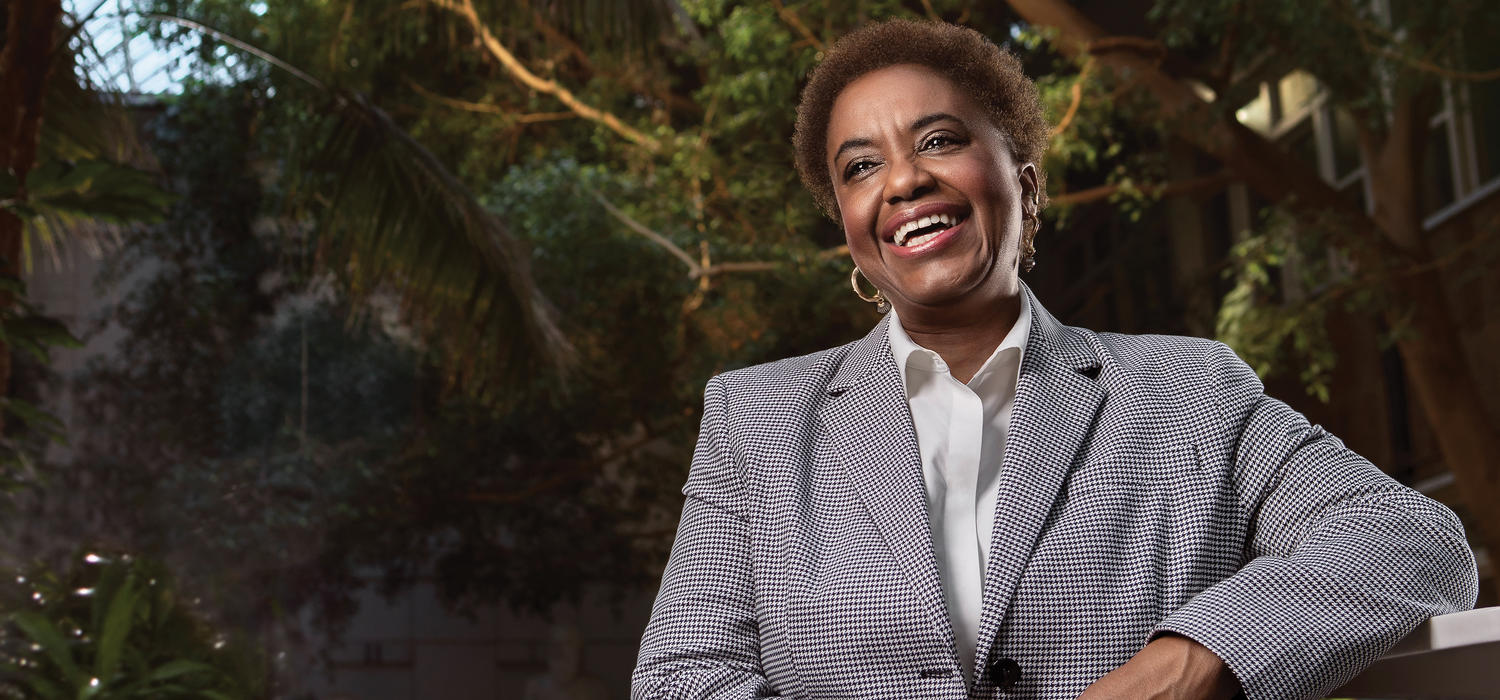Forward: Spring Summer 2021

It's important to tell stories — different kinds of stories — about Alberta, and about Calgary. Stories shape our understanding in indelible ways. As the novelist Chimamanda Ngozi Adichie writes, “Stories have been used to dispossess and to malign, but stories can also be used to empower and to humanize. Stories can break the dignity of a people, but stories can also repair that broken dignity.”
The stories I tell are often about hidden figures and narratives, those often written out of history, and school and university curricula. I sometimes wonder how differently we might think about Alberta if we knew the contributions of these figures engaging across Indigenous territories.
When it comes to advancing equity, diversity and inclusion (EDI), people have grown too comfortable with a check box of activities as indicators of commitment and change. I’m interested in something deeper — in systemic and cultural change. How we get there, I have learned, is shaped by the stories we tell about why and how EDI matters to questions of justice, to excellence in a university, and to social inclusion in the city and beyond. EDI must be rooted in a deeper commitment to our shared humanity, and a desire to ensure human flourishing.
Many people know the name of American Rosa Parks, but fewer know of Nova Scotian Viola Desmond, who is now on the Canadian ten-dollar bill. Even less known are Alberta Black civil rights leaders like Charles Daniels and Lulu Anderson, who resisted segregated movie theatres in 1914 and 1922, respectively. We are the province where Violet King, the first Black woman lawyer in Canada, emerged. Jews, Muslims, and Sikhs have lived in Alberta for over a century. The first Muslim mayor in North America was elected in Calgary.
This is a province where people have always struggled for a more just and inclusive society and university. Yet, this is often not the story that is told about Calgary, or Alberta.
What stories do we tell ourselves about who is able to excel, who we will support in flourishing? We need to craft alternative imaginaries to the ones that have failed us to-date. As the great poet Ben Okri cautioned, “Beware of the stories you read or tell; subtly, at night, beneath the waters of consciousness, they are altering your world.”
I draw on storytelling both to imagine and to craft equitable pathways to ensure that the opportunities to flourish are created for this and the next generation.
I hope the stories on these pages inspire you, and I look forward to hearing yours as we take a new path together.
Dr. Malinda Smith, PhD
Vice Provost of Equity, Diversity and Inclusion
University of Calgary

